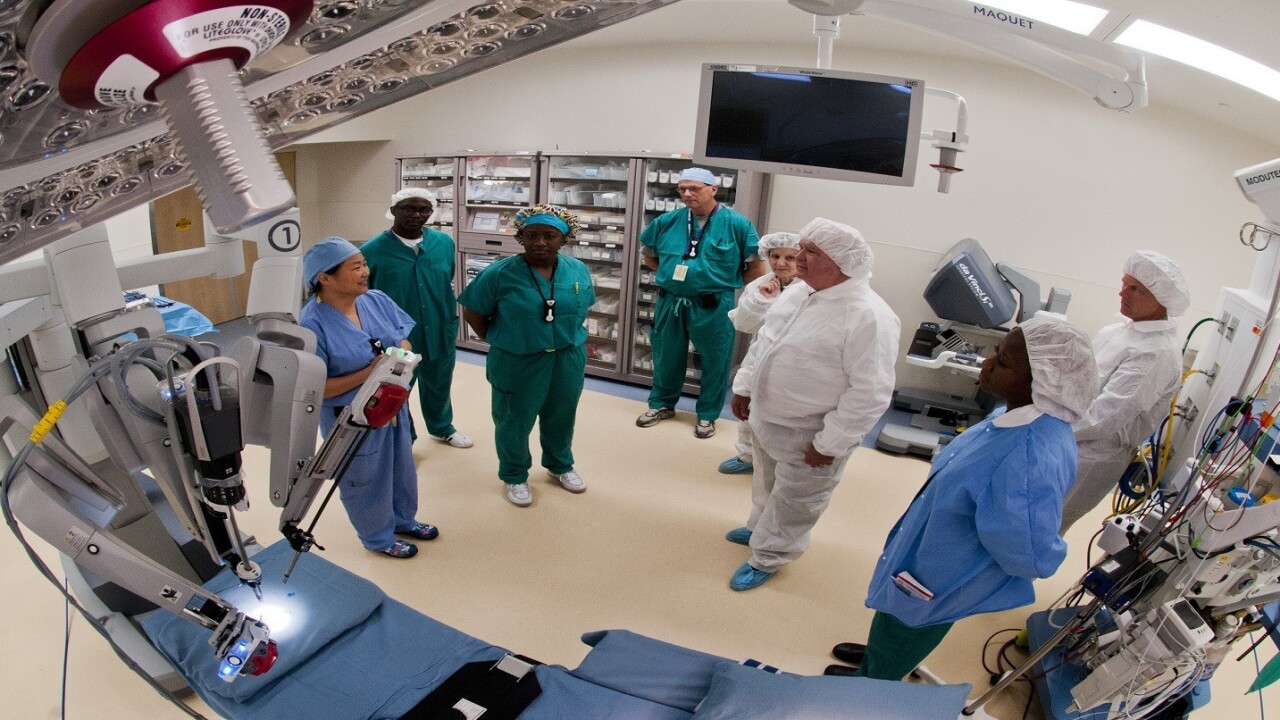It’s time we started treating our healthcare with the same respect that we’ve given our music libraries. It’s time to personalize mental health and optimize physical training — and I don’t want to wait around for appointments with six-figure graduate students using decades-old technology to give me one-size-fits-all treatment options.
Bring on the robots.
The current applications for AI tech include a myriad of tools that are going to revolutionize medicine, mental health, and physical therapy. While business and technology stand to benefit – my focus is on the applications for individuals.
My health is my problem
The data we collect with artificial intelligence will empower people to take control of their own mental and physical health. Machine-learning can and should replace traditional patient treatment methods.
Out with the old and in with the new.
It is abundantly clear that I should probably go and speak with a few humans about my own mental health, but I’d rather talk to a robot. I’m not the only one. The anxious and depressed, myself included, are tired of facing social stigma and medical bias.
There’s no need for a social mandate
We don’t live in the perfect world where everyone has positive and uplifting things to say about mental health issues. The real world still doesn’t seem to have a handle on how to process the facts about anxiety or PTSD. US war veterans aren’t coping well – we’re committing suicide in record numbers.
The future of healthcare isn’t more Doctors: it’s more programmers. The Stanford University AI Lab has been making the tech-site rounds with ‘Woebot‘ a new offering that uses Facebook messenger to check in with patients. It asks questions and plays games until it has collected enough data to make treatment suggestions.
That may not quite be on par with the traditional image of a soft-spoken head-shrinker directing you through a breakthrough about your mother – or the fistful of pills approach that many psychiatrists advocate today. It is, however, a pretty cool start; even if it is a little basic.
Elsewhere in the field researchers have used AI bots like Ellie to learn about PTSD by observing veterans as they responded to specific questions. The data collected wasn’t then converted into a treatment program as is the intent of Woebot, but it helps advance the study of trauma-related stress and anxiety disorders.
When I got my smartphone it started tracking my steps, which allows me to the perform most basic of real-time analysis concerning my daily fitness trends. Take that idea, a fitness tracker like Samsung Health, and expand it infinitely.
Sensors and user input only go so far, the current return is nothing more than anecdotal research with only a modest amount of personalization. Artificial intelligence could be used to find a non-invasive treatment plan tailored to fit me — without drugs or mountains of insurance paperwork. I need a real-time treatment plan that adjusts to me, not a therapist who will see me on Tuesday.
I know I’m wrong — but that’s sort of the point
It may seem irresponsible to call for an end to the human aspect of patient treatment; I’m okay with being called ignorant or out of touch. I’ll be happy to explain my symptoms to someone who doesn’t phone it in after seeing 25,000 patients a day. I need a robot who remembers every word I say and uses advanced algorithms to determine the best things I can do to help myself.
I want an unbiased opinion of my progress available to me 24/7.
Whether addressing physical therapy motivation or mental health stigma – anything that allows people to feel better about beginning the road to recovery and staying on it is a wonderful thing. Go-go gadget therapists!
Get the TNW newsletter
Get the most important tech news in your inbox each week.





